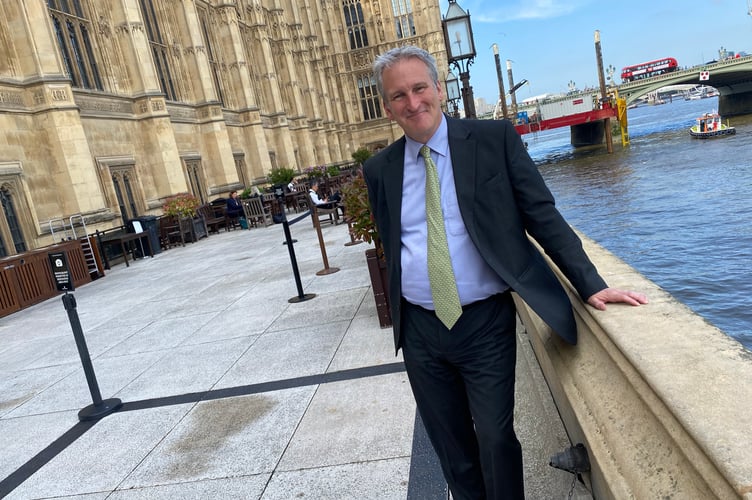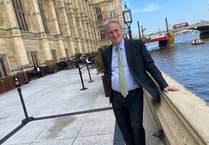It wasn’t really a surprise to find ourselves in opposition after the 2024 election.
The country had widely anticipated a Labour landslide and the warning of a “super majority” came to pass.
The change has been striking, both politically and physically. Sitting on the opposition benches with 120 Conservative MPs, we faced a sea of more than 400 Labour ones.
In addition to the expanded Labour presence, there are now more opposition parties than before. Not just Reform, but more Green MPs, more Northern Ireland parties, and independents who have sided with Jeremy Corbyn.
Labour's majority shapes everything, not just the size of majorities on legislative votes but the form of day-to-day business in the House and the makeup of bill committees and influential select committees.
Following the election, I took on the role of interim Shadow Education Secretary, pending the election of our new party leader.
As with every position I’ve held in Parliament, it was challenging and rewarding, but was also quite an adjustment. I went from being extensively supported by the civil service to leading a small opposition team of two part time members of staff covering all education policy and media activity and Parliamentary support.
I’ve continued to focus on issues that matter to East Hampshire constituents.

I’ve opposed the sudden doubling of our annual housebuilding target, and the so-called ‘family farm tax’ and questioned the rationale behind the controversial water recycling plans at the Havant Thicket reservoir.
I’ve also continued my focus on education issues and wider issues for children including smartphones and social media. Quite a big chunk of my time has been on and around two significant pieces of legislation which utilise my past experiences as a minister.
Despite the confrontational nature of debate in the Commons chamber, many are surprised to learn how well MPs from different parties often get along.
Since last July, I’ve enjoyed getting to know a number of the new Labour intake, LibDems and others. We may disagree on much, but one can ‘disagree agreeably’.
There are always areas where co-operation is not only possible but vital. I work closely with Labour colleagues through the All-Party Parliamentary Group on Down Syndrome and on joint campaigns on online safety and fraud.
Much of the core work of an MP remains unchanged, regardless of whether you're in government or opposition. Helping constituents through casework, correspondence and surgery, plus supporting and seeking to represent our local businesses, charities and schools – these responsibilities are constant and essential.
Being in opposition has definitely brought different challenges and it took a little while to adjust.
But it also brings with it new perspectives and opportunities. MPs are there to hold the government to account on behalf of our constituents.
I am entirely committed to doing just that.





Comments
This article has no comments yet. Be the first to leave a comment.